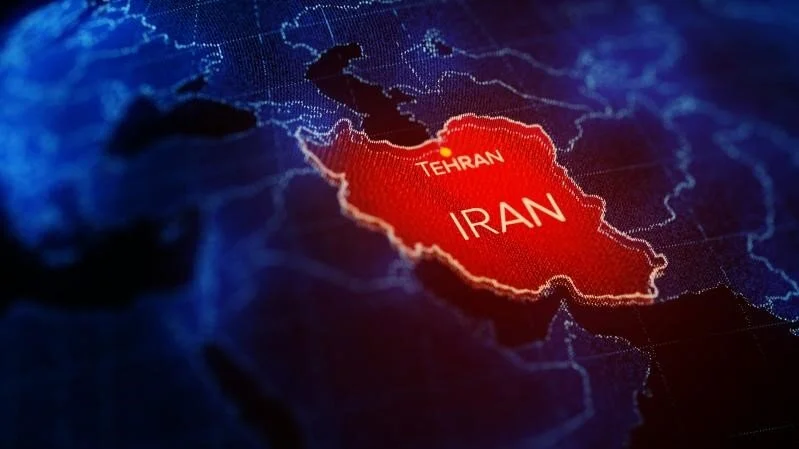Let’s talk about becoming better together
“If we need to start thinking about a new normal, what might a better version look like? What resources can Aotearoa’s faith communities contribute to the national conversation about our common future?”
The first session in the Religious Diversity Centre’s (RDC) panel discussion series is called “Back to Normal? Back to Better!”.
Four panelists, chaired by a Bahá’í representative, will give their thoughts on new ways of being and doing after our pandemic lockdown. You can watch a recording of the discussion on YouTube . RDC says:
During lockdown most of us probably had a moment when we wished life would get back to normal. But even under lockdown the downsides of normal were becoming clear. Some New Zealanders were able to ride it out pretty comfortably. Others faced extreme economic and psychological hardship, and still do. We face the challenges of economic inequality, geopolitical instability and climate change.
If we need to start thinking about a new normal, what might a better version look like? What resources can Aotearoa’s faith communities contribute to the national conversation about our common future?
The Centre for Religious Diversity has brought together a panel of individuals from different religious traditions to reflect on these questions. The four panelists are:
Sensei Amala Wrightson, Zen priest and teacher, former chair of the NZ Buddhist Council
Dr Hirini Kaa, Anglican priest and Kaiaarahi, Faculty of Arts, University of Auckland
Gurnoor Dhatt, a young Sikh woman and registered financial adviser
Imam Gamal Fouda, Christchurch Al Noor Mosque and Local Community Board member.
Hosting the discussion is Marc Rivers, RDC Trustee, member of the Bahá’í Faith and Chief Financial Officer for Fonterra.
Background of the four panelists
Dr Hirini Kaa is of Ngati Porou, Ngati Kahungunu and Rongowhakaata descent. He has worked in a range of areas in the social services sector, in the Anglican Church and for his iwi. His extensive television experience includes presenting, researching and co-writing the seven part historical documentary series “The Prophets” for Maori Television. Hirini’s PhD thesis was “He Ngākau Hou: Te Hāhi Mihinare and the Renegotiation of Mātauranga, c.1800-1992”, a ground-breaking exploration of the engagement of Christianity and Iwi in Aotearoa-New Zealand in the nineteenth and twentieth centuries. As Kaiārahi (Māori and Pacific Advisor) in the Faculty of Arts at the University of Auckland he leads an innovative pedagogical project “Ako Arts” which seeks to embed Maori and Pacific values in teaching to ensure student success.
Gurnoor Dhatt is a young woman born and raised in New Zealand, and belongs to the Sikh faith. A registered financial adviser, accredited with the banks, she comes face to face with many suffering hardship under the present COVID-19 crisis. As she works to motivate others she is guided by her strong belief that hope and purpose are two key factors that will get us through the journey.
Imam Gamal Fouda is originally from Egypt. He came to New Zealand in 2003 and was appointed a religious adviser at the Palmerston North Islamic Centre. He then served at the Dunedin Islamic Centre, before moving to Christchurch to become the Imam of the Al Noor mosque. His words after the 15 March massacre: “We are broken hearted, but we are not broken”. The Imam graduated as a school teacher from the College of Education at the University of Otago in 2009 and in 2019 was elected to his local Halswell-Hornby-Riccarton Community Board.
Amala Wrightson, born in Auckland, worked in theatre before taking up full-time Zen training. She and her husband Richard von Sturmer in 1986 became students of Roshi Bodhin Kjolhede, newly-appointed Abbot of the Rochester Zen Centre. Amala-sensei began full-time residential training in Rochester in 1989, shortly after completing an M.A. in Italian at Auckland University. Ordained in 1999, she was the Centre’s Head of Zendo (head priest in charge of training) from 1996 to 2003. In late 2003 Amala-sensei returned to New Zealand to dedicate her time to creating a place for authentic Zen practice and training in Auckland. She spends time each year at the Rochester Zen Centre and is a member of the American Zen Teachers’ Association.
Live on YouTube and recorded for later viewing
See this notice on the RDC website






